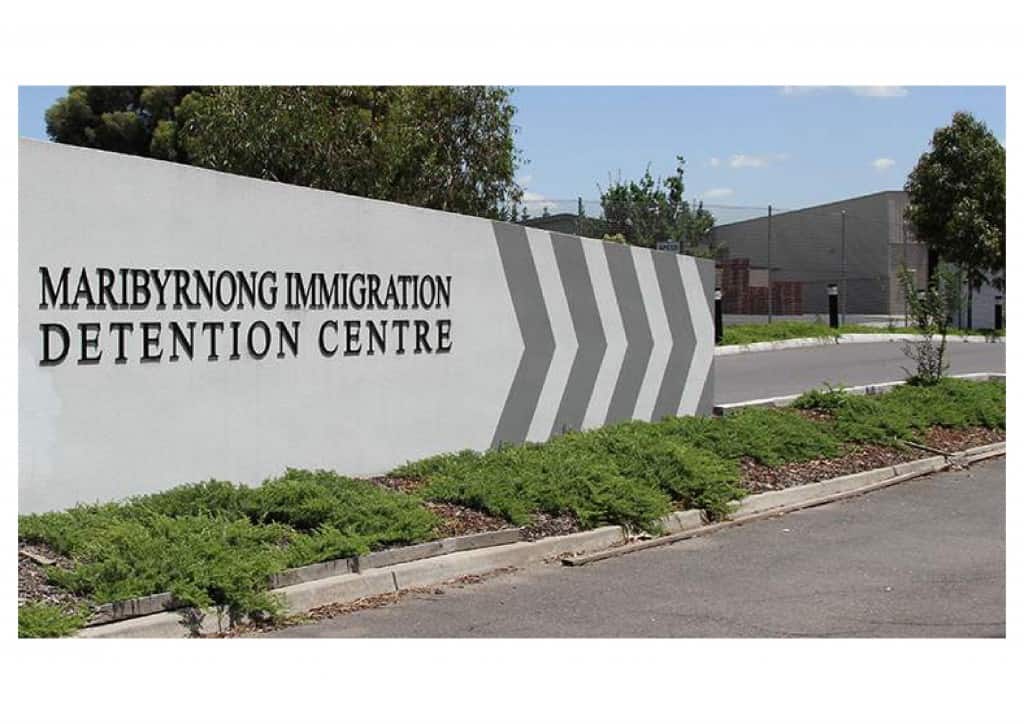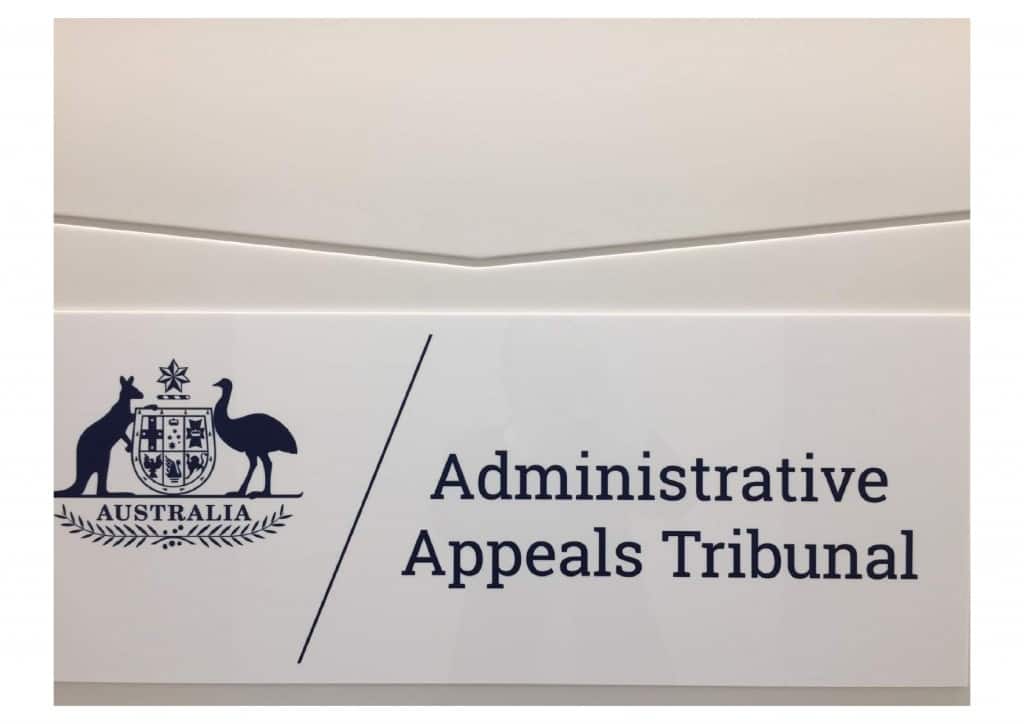
How do I get out of immigration detention if caught without a visa or visa is cancelled?
If you are in Australia without a valid visa or your visa was cancelled you will be put in immigration detention pending your removal, but you may be able to get out of immigration detention.
If your visa is cancelled or your visa application is refused and you did not appeal the cancellation or refusal, you will become an unlawful non-citizen if you remain in the country.
You could also be placed in immigration detention centre if you just arrived in Australia and the immigration officer cancelled your visa at the airport. In another word, you have not been immigration cleared. Even if you have been detained in, for example, the Broadmeadow Immigration Detention Centre, you are not considered to be in Australia because you have not been immigration cleared.
Unlawful non-citizens are detained
Usually when the police stop you for whatever reason, they will investigate your immigration status. And if you are an unlawful non-citizen, you will be detained in an immigration detention centre.
Every unlawful non-citizens are to be held in immigration detention. At the detention centre you will be given some document, including a “very important notice” regarding your rights. You will have 2 days to decide if you wish to apply for a substantive visa (5 days to apply). You may also be asked to sign a statement agreeing to be deported voluntarily. If you do not do either of these, the Department of Immigration (Department of Home Affairs) will make their own arrangement to have you deported as soon as practicable.
However, the Minister may use public interest discretion to make a residence determination allowing you to get out of immigration detention with conditions that, for example, you reside at a specific address. This does not mean you are no longer an unlawful non-citizen. To become a lawful non-citizen, you will have to apply for a visa and be granted a visa.
Once you are detained you will not be allowed to get out of immigration detention centre to collect your belongings or to dispose of your property or for whatever reasons.
Can I apply for a visa while in detention centre?
There are very few visa options for those who are detained in immigration detention. Generally, you could apply for a Protection Class XA Subclass 866 visa (click here to learn more) if you fear harm if you are returned to your home country. Or you could write to the Minister to use his public interest discretion to grant you a visa, for example, a Class WR Subclass 070. If you have an Australian resident partner (spouse or de facto partner), you could apply for a Partner Class UK Subclass 820 (click here to learn more) if you are able to satisfy the Schedule 3 requirements. Other substantive visas, for example, if your visa was cancelled at immigration clearance or at the airport, you could apply for a Class UD Subclass 601 if you hold an eligible passport (click here to learn more). Or a Bridging Visa E – you will be interviewed and whether you will be granted the visa will very much depend on your past immigration history and circumstances (click here to learn more about bridging visas).
If you applied for a Bridging Visa while in detention (for eg, you are detained in MITA or Melbourne Immigration Transit Accommodation), by operation of section 75, a decision must be made within the prescribed period to grant or refuse you a bridging visa. The prescribed period is 2 working days (reg. 2.24(2)) unless a detention review officer (DRO) signed a declaration within 2 working days stating that you may not pass the character test under subsection 501(6), then the prescribed period is 90 days (reg. 2.24(1)).
However, if you entered Australia without authority or not immigration cleared, that is, you are an “eligible non-citizen” (according to reg. 2.20(6)), the prescribed period is 2 working days if a DRO has not signed a declaration within 2 working days that you may not pass the character test (reg. 2.24(4)); or the prescribed period is 90 days if a DRO has signed a declaration within 2 working days (reg. 2.24(3)). In another other cases, the prescribed period is 90 days if a DRO has signed a declaration within 28 days (reg. 2.24(5)) or the prescribed period is 28 days is a DRO has not signed a declaration within 28 days (reg. 2.24(6)).
You should consider discussing your situation with an immigration lawyer or registered migration agent before you are deported (click here to learn more about how an immigration lawyer or a registered migration agent can do for you).
If you are not granted a visa, you will remain detained until you are deported to your home country. If you do not have a travel document, for example, a passport, the Department of Immigration will work with your Embassy or Consulate General to facilitate your return.

Appealing to AAT
If the Department of Immigration refused to grant you a visa, for example, Bridging Visa E, you will have 2 days to apply to the AAT for a merits review. The AAT will usually schedule a hearing within 14 days of your application.
If you are deported from Australia, you may be banned from returning. In addition, you are also liable to pay the commonwealth government for the costs associated to your removal from Australia.
If you are in immigration detention due to a criminal matter, you could be granted a Criminal Justice visa (click here to learn more).
Australian migration law is complex and difficult to understand, contact our immigration lawyer for a consultation (fee applies) regarding immigration detention or click here to learn more. You may also refer to our FAQs for answers regarding visa application or visa cancellation by clicking here.

041 222 4020 or WeChat: AUDvisa
This article is not intended to be or taken as migration legal advice. The author of this article disclaims any liability for any action or omission on the information provided or not provided in this article. You should always consult an immigration lawyer or a registered migration agent to form an informed opinion on your immigration matter.



